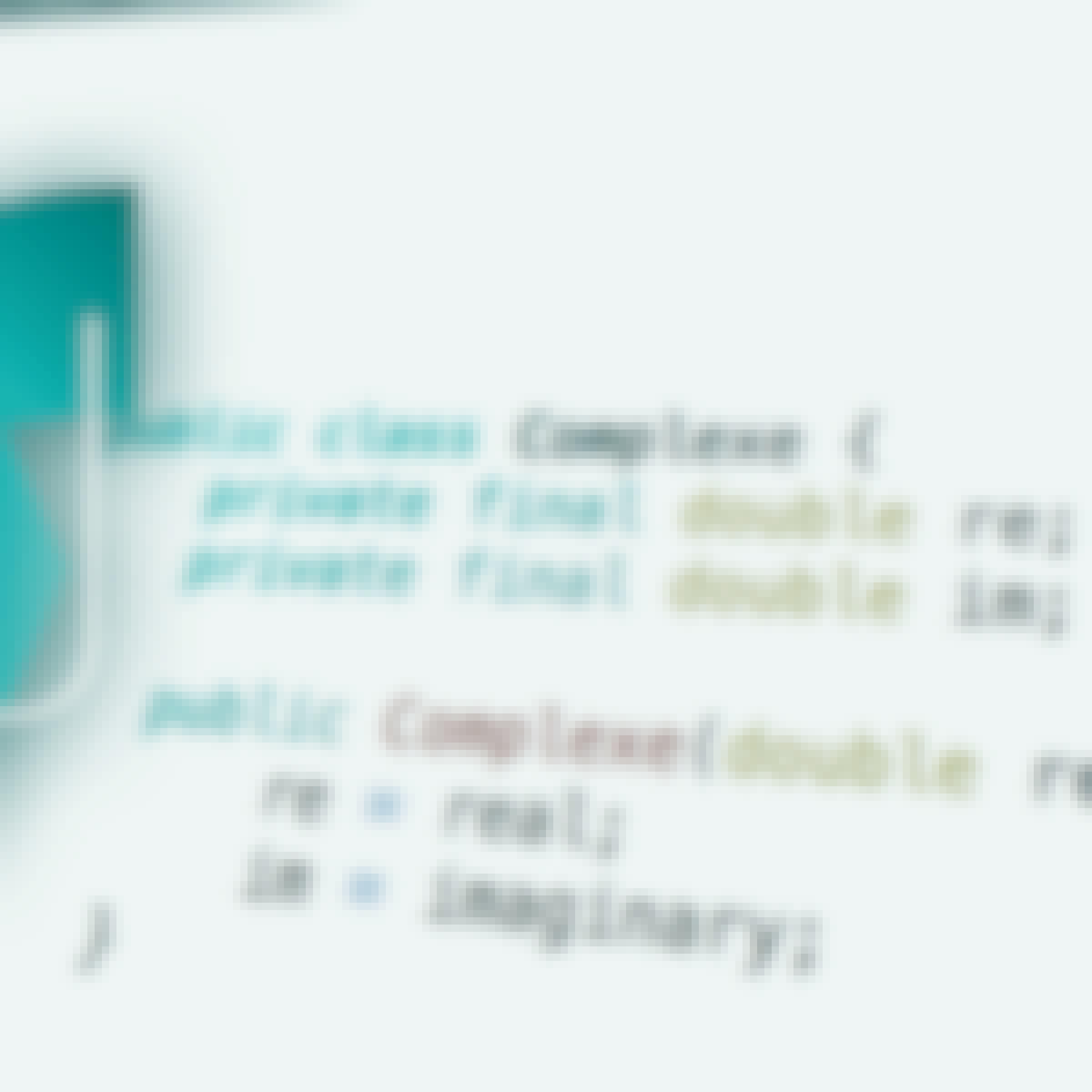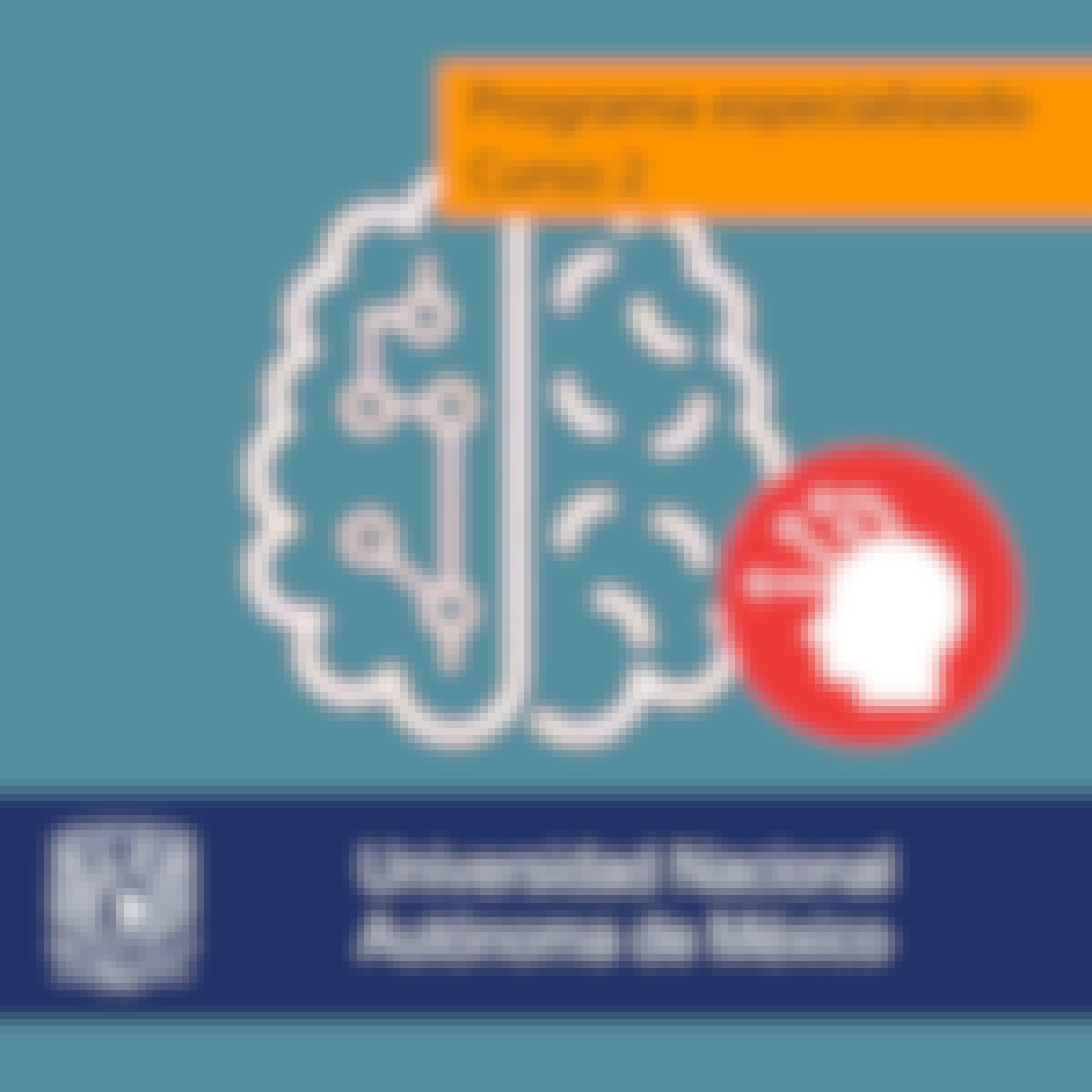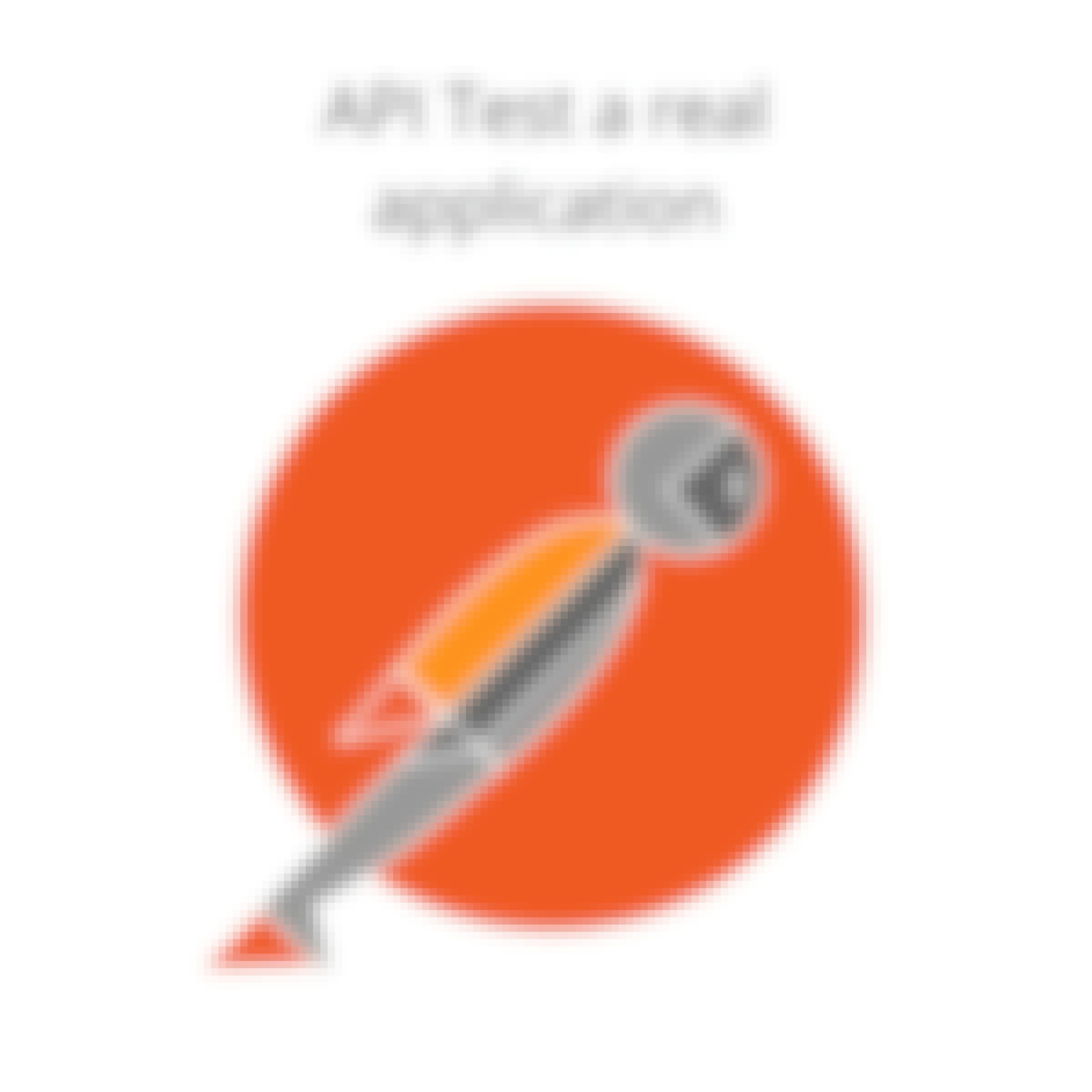Filter by
SubjectRequired
LanguageRequired
The language used throughout the course, in both instruction and assessments.
Learning ProductRequired
LevelRequired
DurationRequired
SkillsRequired
SubtitlesRequired
EducatorRequired
Explore the Logic Course Catalog

École Polytechnique Fédérale de Lausanne
Skills you'll gain: Object Oriented Programming (OOP), Object Oriented Design, Java Programming, Java, Computer Programming, Debugging, Software Design
 Status: Free Trial
Status: Free TrialDartmouth College
Skills you'll gain: Computational Logic, Theoretical Computer Science, Logical Reasoning, Artificial Intelligence, Computational Thinking, Simulations, Computer Science, Psychology, Mathematical Modeling, Scientific Methods
 Status: Free
Status: FreeCoursera Project Network
Skills you'll gain: Program Evaluation, Surveys, Goal Setting, Survey Creation, Performance Measurement, Training and Development, Grant Writing, Data Collection, Research Methodologies, Business Modeling

Peking University
Skills you'll gain: Theoretical Computer Science, Computational Logic, Graph Theory, Logical Reasoning, Network Analysis, Network Model, Computational Thinking, Mathematics and Mathematical Modeling, Algebra, Geospatial Information and Technology, Algorithms
 Status: Free Trial
Status: Free TrialSkills you'll gain: Unsupervised Learning, Generative AI, Large Language Modeling, Supervised Learning, Deep Learning, Applied Machine Learning, Artificial Intelligence and Machine Learning (AI/ML), Reinforcement Learning, Statistical Machine Learning, Predictive Modeling, Machine Learning Algorithms, Artificial Neural Networks, Feature Engineering, Decision Tree Learning, Business Logic, Dimensionality Reduction, Data Modeling, Performance Metric

EIT Digital
Skills you'll gain: Computational Logic, Markov Model, Verification And Validation, Theoretical Computer Science, Mathematical Modeling, Systems Analysis, Probability, Algorithms, Real-Time Operating Systems, Probability Distribution
 Status: NewStatus: Free Trial
Status: NewStatus: Free TrialSkills you'll gain: Prompt Engineering, Generative AI, Large Language Modeling, Application Development, Full-Stack Web Development, Flask (Web Framework), JSON, Natural Language Processing, Software Development
 Status: Free Trial
Status: Free TrialUniversity of Maryland, College Park
Skills you'll gain: Interviewing Skills, Oral Expression, Concision, Persuasive Communication, Cultural Responsiveness, Business Research, Non-Verbal Communication, Professionalism, Negotiation

The University of Melbourne
Skills you'll gain: Operations Research, Computational Logic, Combinatorics, Algorithms, Applied Mathematics, Graph Theory, Mathematical Modeling, Mathematical Software, Computational Thinking, Programming Principles, Theoretical Computer Science, Performance Tuning, Linear Algebra

Skills you'll gain: Microarchitecture, Computer Architecture, Hardware Architecture, Computer Hardware, Computer Systems, System Programming, Embedded Systems, Data Storage, Computer Programming, C (Programming Language)
 Status: Free Trial
Status: Free TrialUniversidad Nacional Autónoma de México
Skills you'll gain: Bayesian Network, Computational Logic, Markov Model, Artificial Intelligence, Game Theory, Python Programming, Deductive Reasoning, Probability, Verification And Validation, Mathematical Modeling, Algorithms

Coursera Project Network
Skills you'll gain: Postman API Platform, OAuth, Application Programming Interface (API), Performance Testing, Security Testing, Software Testing, Restful API, Authentications, Web Development Tools, Application Security
In summary, here are 10 of our most popular logic courses
- Introduction à la programmation orientée objet (en Java): École Polytechnique Fédérale de Lausanne
- Question Reality: Mind: Dartmouth College
- How to Create a Program Evaluation for Your Non-Profit : Coursera Project Network
- 离散数学概论 Discrete Mathematics Generality: Peking University
- AI and Machine Learning Algorithms and Techniques: Microsoft
- Quantitative Model Checking: EIT Digital
- Develop Generative AI Applications: Get Started: IBM
- Successful Interviewing: University of Maryland, College Park
- Solving Algorithms for Discrete Optimization: The University of Melbourne
- Introduction to Microprocessors: Arm










